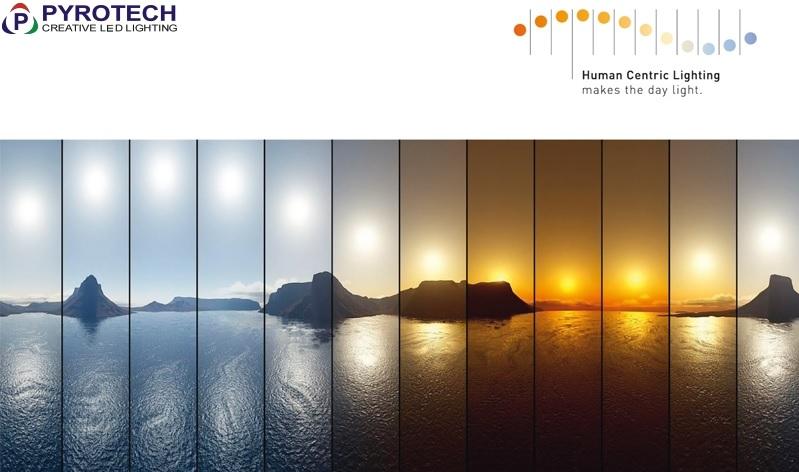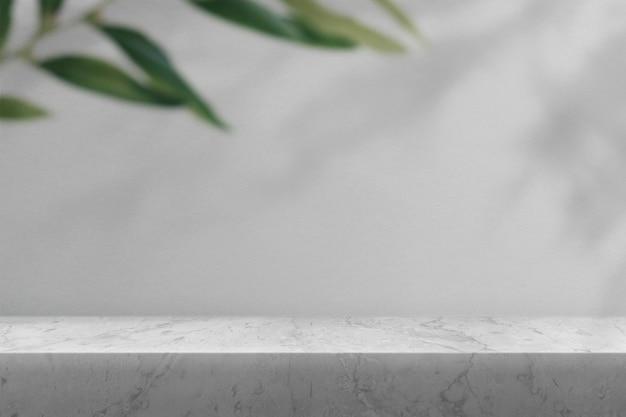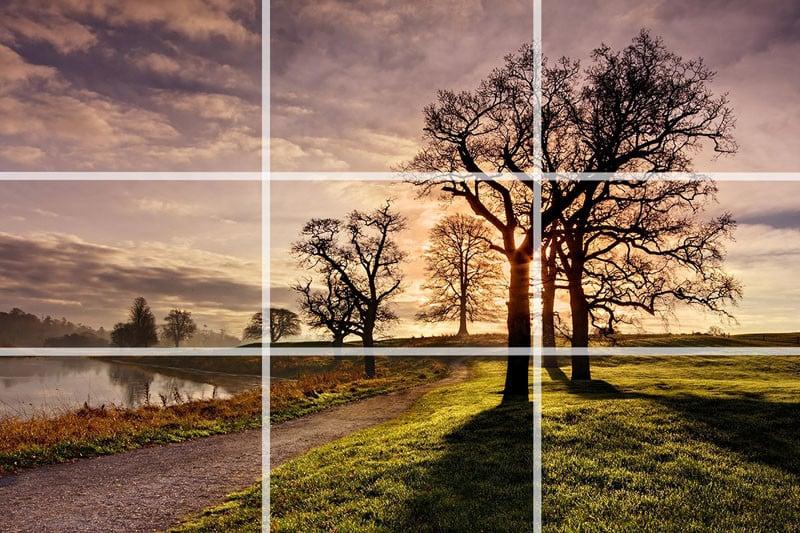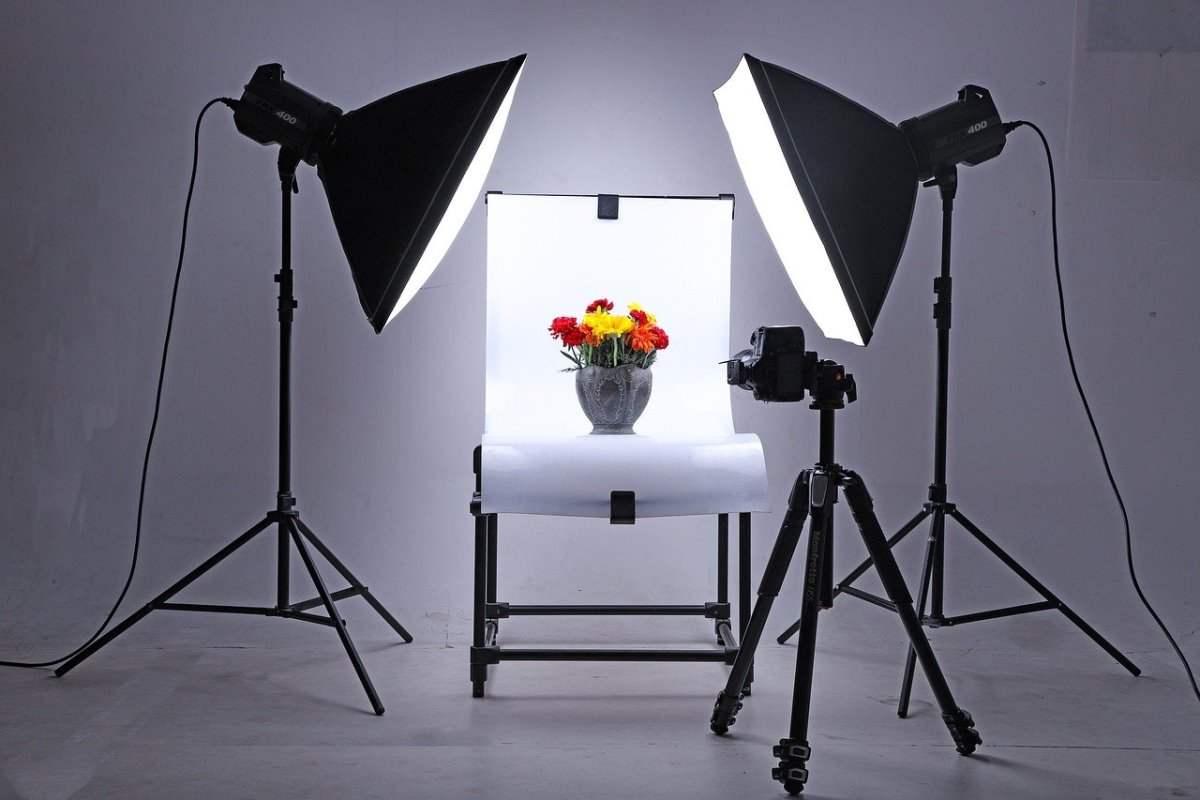In the vibrant world of e-commerce, where first impressions can make or break a sale, the art of product photography stands as a pivotal pillar of success. “Capturing Perfection: Essential Tips for Product Photography” delves into the nuances of showcasing products in their best light—literally and figuratively. Whether you are a seasoned photographer looking to refine your technique or a budding entrepreneur eager to elevate your online presence, this guide offers essential insights to help you navigate the intricate dance of composition, lighting, and styling. With the right approach, you can transform ordinary images into compelling visual narratives that not only draw customers in but also evoke a desire to own. Join us as we explore the essential tips that can turn simple snapshots into stunning showcases of perfection.
Understanding Lighting Dynamics for Flawless Product Images
When it comes to product photography, understanding the intricacies of lighting dynamics is essential for creating images that resonate with potential buyers. Natural light, often considered the most flattering, can transform an ordinary product into something captivating. The golden hours, shortly after sunrise and right before sunset, provide a soft, diffused light that enhances texture and detail. On the flip side, artificial lighting offers flexibility and control, allowing you to craft the perfect ambiance regardless of the time of day. Here are some key lighting considerations to keep in mind:
- Direction: Experiment with light sources coming from different angles to discover how shadows affect your product.
- Soft vs. Hard Light: Utilize diffusers or reflectors to soften harsh light, producing a more appealing effect.
- Color Temperature: Be mindful of the color temperature of your light; warmer tones can create a cozy feel, while cooler tones give a more modern vibe.
Creating a lighting plan tailored to your product is equally important. Consider building a lighting setup that utilizes both ambient and direct light sources for a balanced look. You might want to craft a simple lighting table to structure your approach:
| Light Type | Purpose | Recommendation |
|---|---|---|
| Natural Light | Creates a soft, inviting ambiance | Use near windows or outdoors during golden hour |
| LED Lights | Offers consistent and adjustable brightness | Choose daylight-balanced LED lights for uniform color |
| Softboxes | Softens harsh light for even distribution | Position two softboxes at 45-degree angles |
By fully understanding the dynamics of light, you can elevate your product photography. High-quality images can make a significant difference in how your products are perceived and help instill confidence in potential customers. Ultimately, mastering the interplay of light and shadow will lead you to achieve that level of perfection in your images, setting your brand apart from the competition.

Choosing the Right Background to Enhance Your Products Appeal
Selecting the perfect backdrop for your product can make all the difference in how it’s perceived. A well-chosen background does not only provide context but enhances the product’s unique features. When considering a background, think about contrast, texture, and color. A high-contrast background can help your product stand out, while textured backdrops can add depth and interest without distractions. Here are key elements to consider:
- Neutral Tones: Whites, grays, or beiges are versatile choices that can spotlight your product.
- Bold Colors: Bright hues can create a vibrant energy, especially for fashion items or children’s products.
- Natural Elements: Incorporating wood, stone, or plants can evoke a calming atmosphere, perfect for organic or beauty products.
Utilizing a simple table can also streamline the background selection process, showcasing different types and their potential effects:
| Background Type | Best For | Effect |
|---|---|---|
| White | All Products | Clean, modern feel |
| Black | Luxe Items | Elegant, dramatic effect |
| Textured Fabric | Fashion and Accessories | Soft, tactile depth |
| Solid Color | Artistic Pieces | Dynamic and playful |
Choosing the right background will amplify your product’s appeal, creating a memorable visual narrative that resonates with your target audience. Experiment with different combinations and trust your instincts—your creativity is your strongest ally in product photography.

Mastering Composition Techniques for Impactful Visual Storytelling
When it comes to product photography, composition isn’t just an afterthought; it’s a vital element that can elevate your images from ordinary to extraordinary. Rule of Thirds is a fundamental technique that divides your frame into a 3×3 grid, encouraging you to position your subject along these lines or their intersections. This effectively draws the viewer’s eye directly to the product. Additionally, consider leading lines that naturally guide the viewer’s gaze toward the focal point. Curves, edges, or even the alignment of products can create visual pathways that enhance the storytelling aspect of your imagery.
Another key technique involves negative space, which allows your product to breathe by placing it against uncluttered backgrounds. This showcases the product without distractions, highlighting its features and details. Combining various angles and perspectives also adds depth to your composition; don’t hesitate to experiment with overhead shots, close-ups, or dramatic angles. Lastly, an understanding of color theory can greatly affect mood—use complementary or contrasting colors to make your products pop. Here’s a brief overview of these techniques:
| Technique | Purpose |
|---|---|
| Rule of Thirds | Enhances focus on the product |
| Leading Lines | Guides the viewer’s eye |
| Negative Space | Eliminates distractions |
| Angles & Perspectives | Adds depth and interest |
| Color Theory | Creates mood and captures attention |

Editing Essentials to Elevate Your Product Photography
Editing is where your product photography truly comes to life, transforming good images into striking visuals that grab attention. Start by adjusting the exposure and contrast to ensure that the details of your product are highlighted while maintaining a natural look. Don’t shy away from using tools like sharpening to enhance the clarity of your images, making textures more pronounced. Additionally, consider cropping strategically to remove any distractions from the frame and to focus on the product itself. A well-cropped image can convey a stronger message, driving the viewer’s eye directly to what matters most.
Color correction is another essential tool in your editing arsenal, allowing your products to appear as true to life as possible. Utilize a color grading tool to ensure that hues match your brand aesthetic while keeping the original shades intact. It’s helpful to keep an eye on the color balance in your images, especially in product photography, where the correct representation can influence purchasing decisions. Consider organizing your edits in a coherent workflow, possibly utilizing a simple table to keep track of your adjustments:
| Editing Step | Description |
|---|---|
| Exposure | Adjust to highlight details. |
| Contrast | Enhance product definition. |
| Color Correction | Ensure hue accuracy. |
| Cropping | Focus on the product. |
The Conclusion
As we conclude our exploration of the art and science behind product photography, remember that capturing perfection is not solely about having the latest equipment or the most advanced techniques—it’s about understanding your subject and conveying its essence through your lens. Each photograph is an opportunity to tell a story, highlight unique features, and evoke emotion in potential buyers.
Armed with the tips and insights shared in this article, you are now equipped to approach your next product shoot with confidence and creativity. Whether you’re a seasoned photographer or just beginning your journey, the key lies in experimentation, patience, and a willingness to learn from each frame.
So, go forth and create images that not only showcase your products but also inspire connection and desire. After all, in the world of product photography, every click of the shutter brings you one step closer to capturing the perfection that resonates with your audience. Happy shooting!



